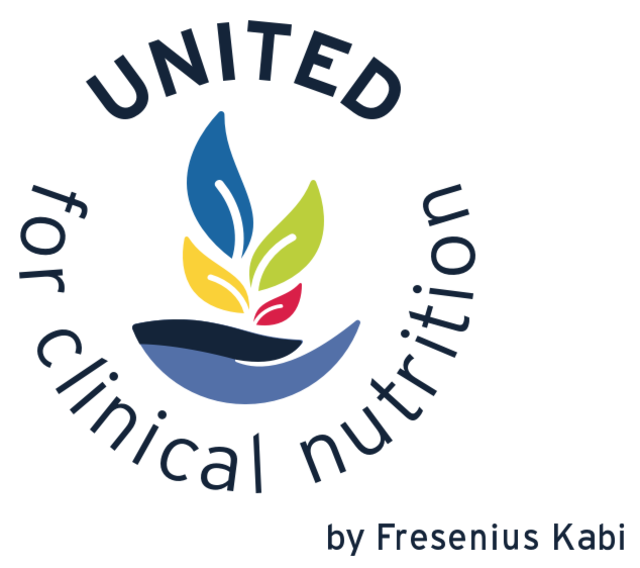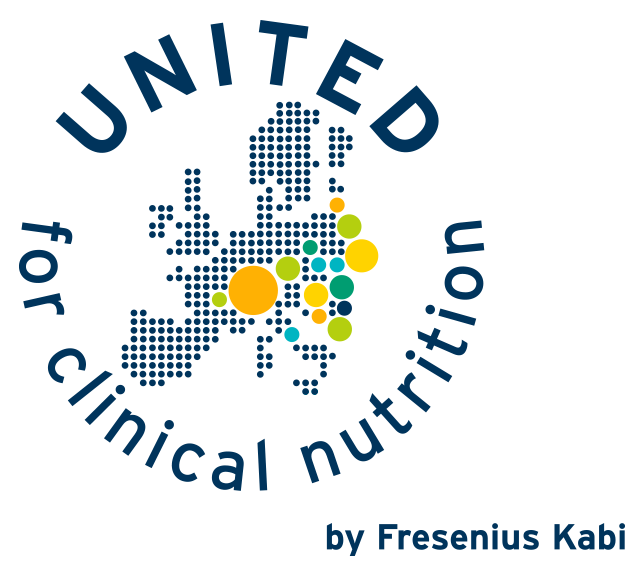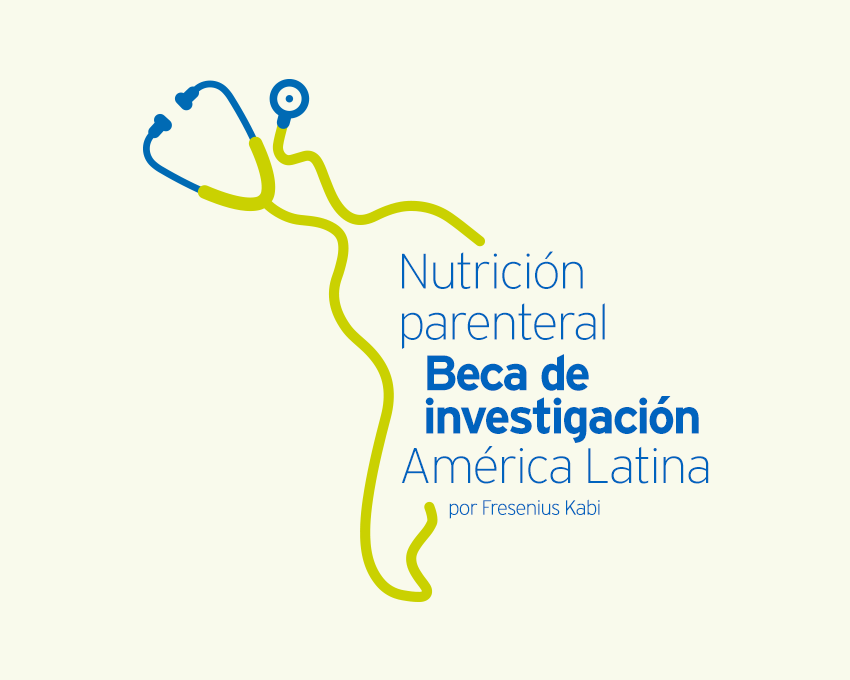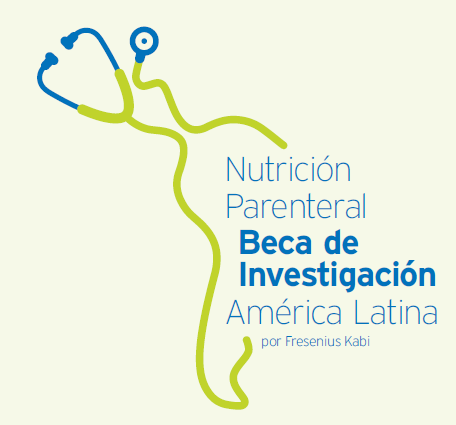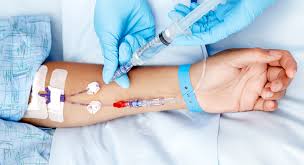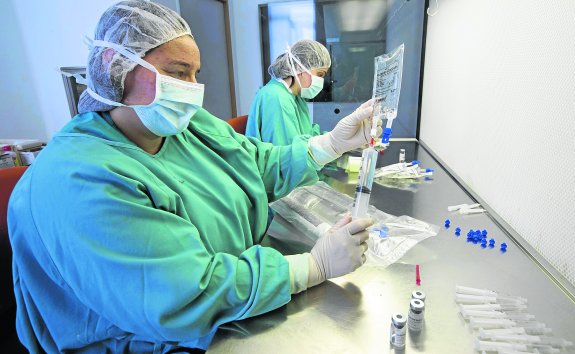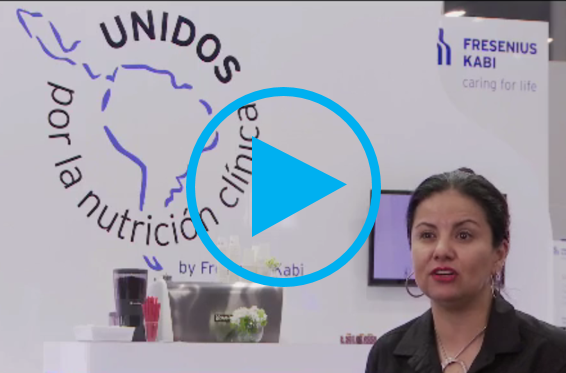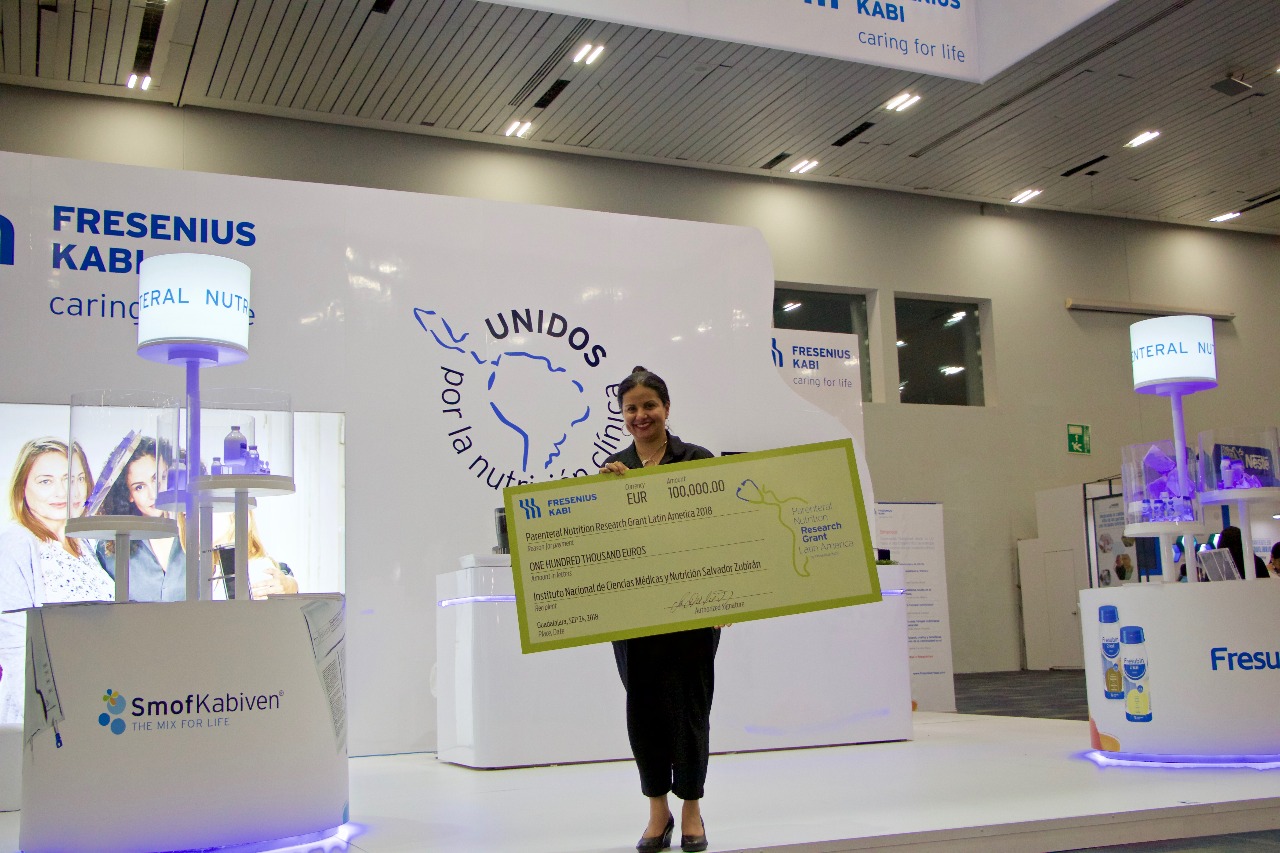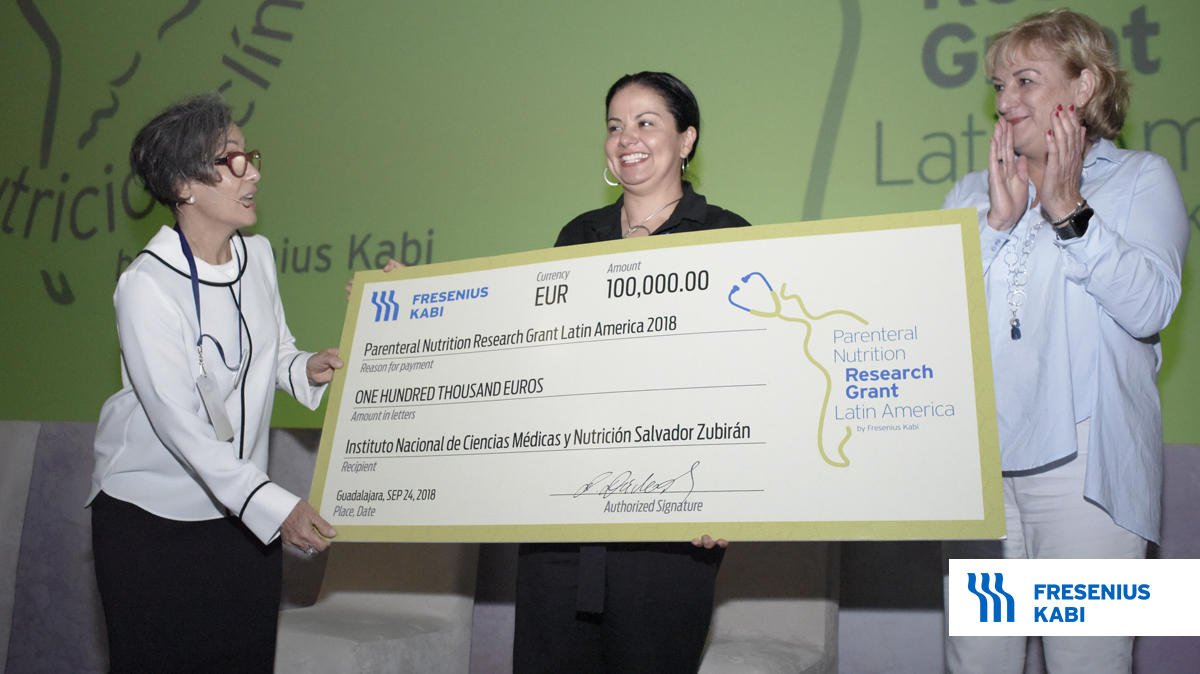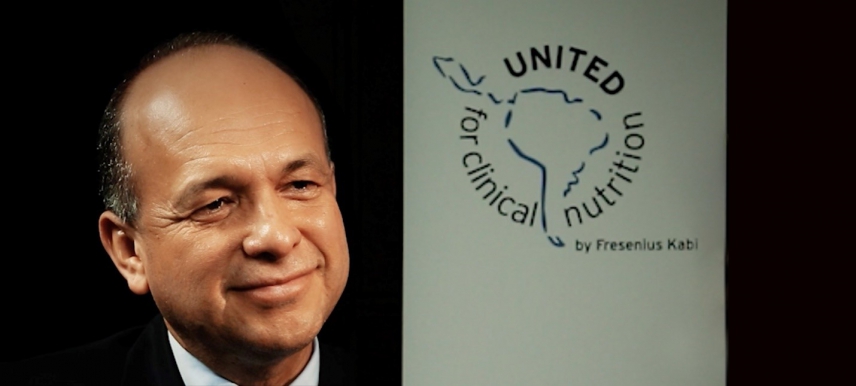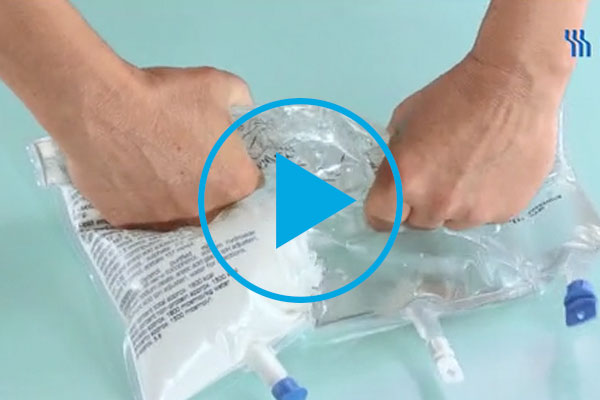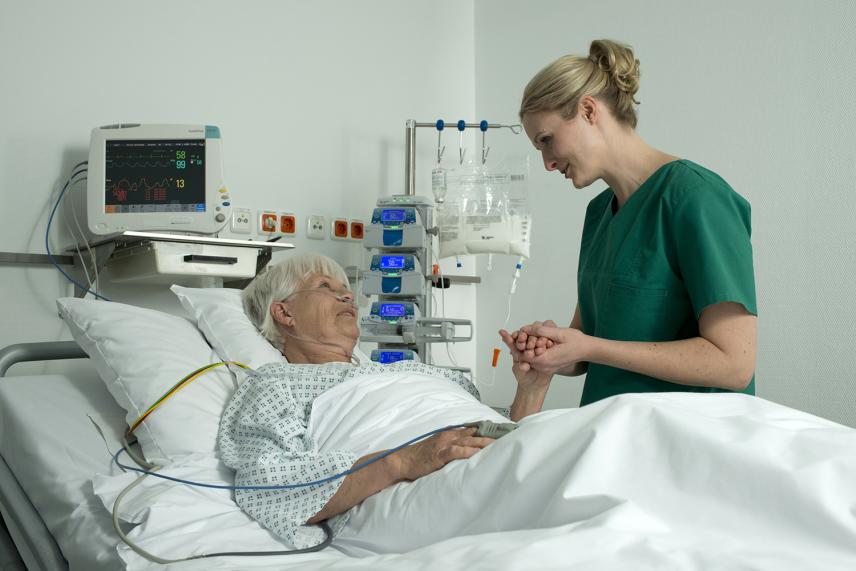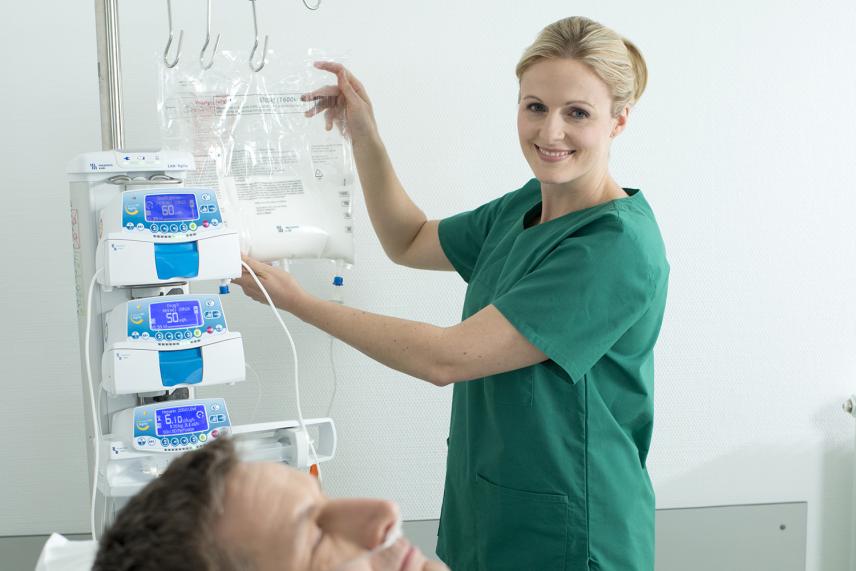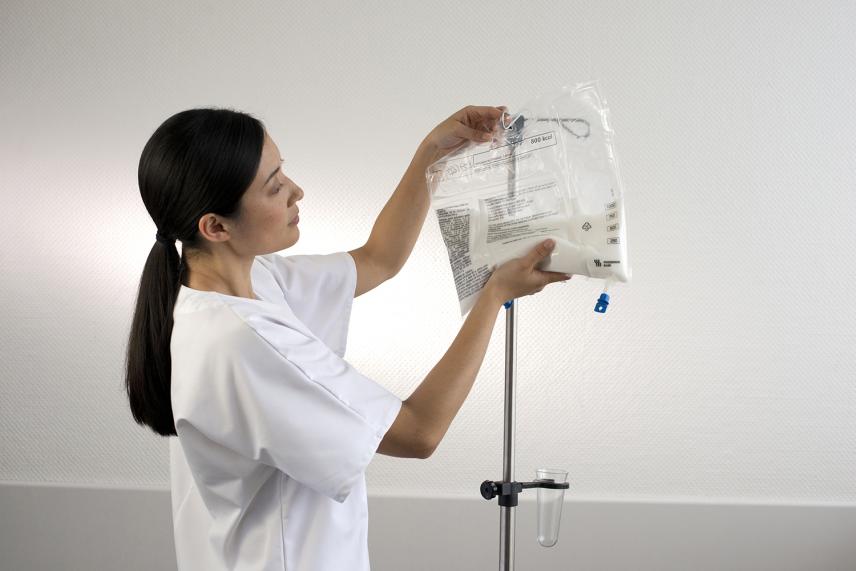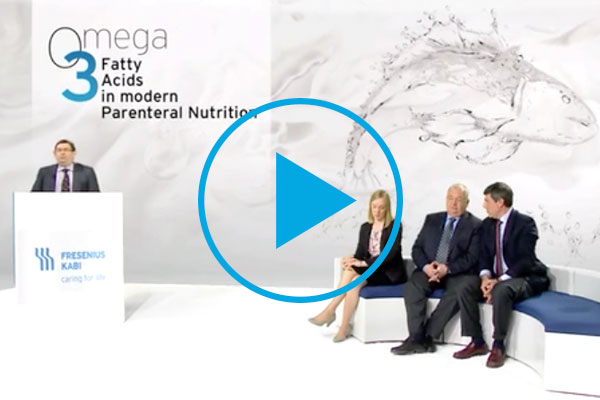(ENG)Adapting Parenteral Nutrition for Clinical Circumstances
Total Versus Supplemental Parenteral Nutrition
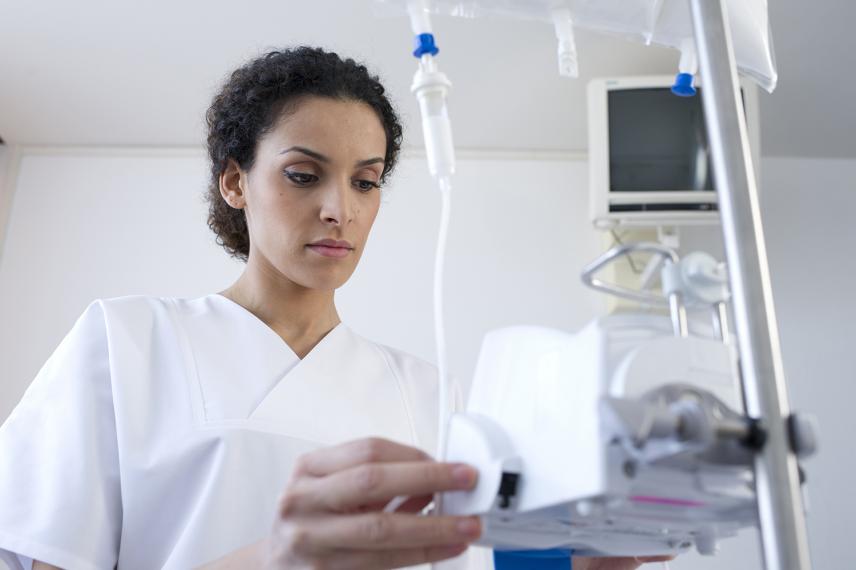
Ideally for the majority of patients, an adequate dietary intake can be ensured by providing normal, good quality hospital food. However, when patients are unable to eat or when their nutrient intake is insufficient to meet clinical nutrition needs, enteral nutrition (EN) is required.1
In those cases where EN intake is insufficient or inadequate to provide the patient’s nutritional requirements, parenteral nutrition (PN) should be started to avoid disease-related malnutrition.1‘2
When Is Supplemental PN Indicated?
By this approach, PN supplements EN intake and supplies parts of the daily nutritional requirements. EN complemented by early supplemental PN improves patients’ outcomes.3‘4 ESPEN states that all supplemental PN is generally preferred over exclusive EN, and all patients receiving less than their targeted enteral feeding after two days should be considered for supplemental PN.5
When Is Total PN Indicated?
Total PN can supply the patient with all of their daily nutritional requirements, in cases where EN is contraindicated.

